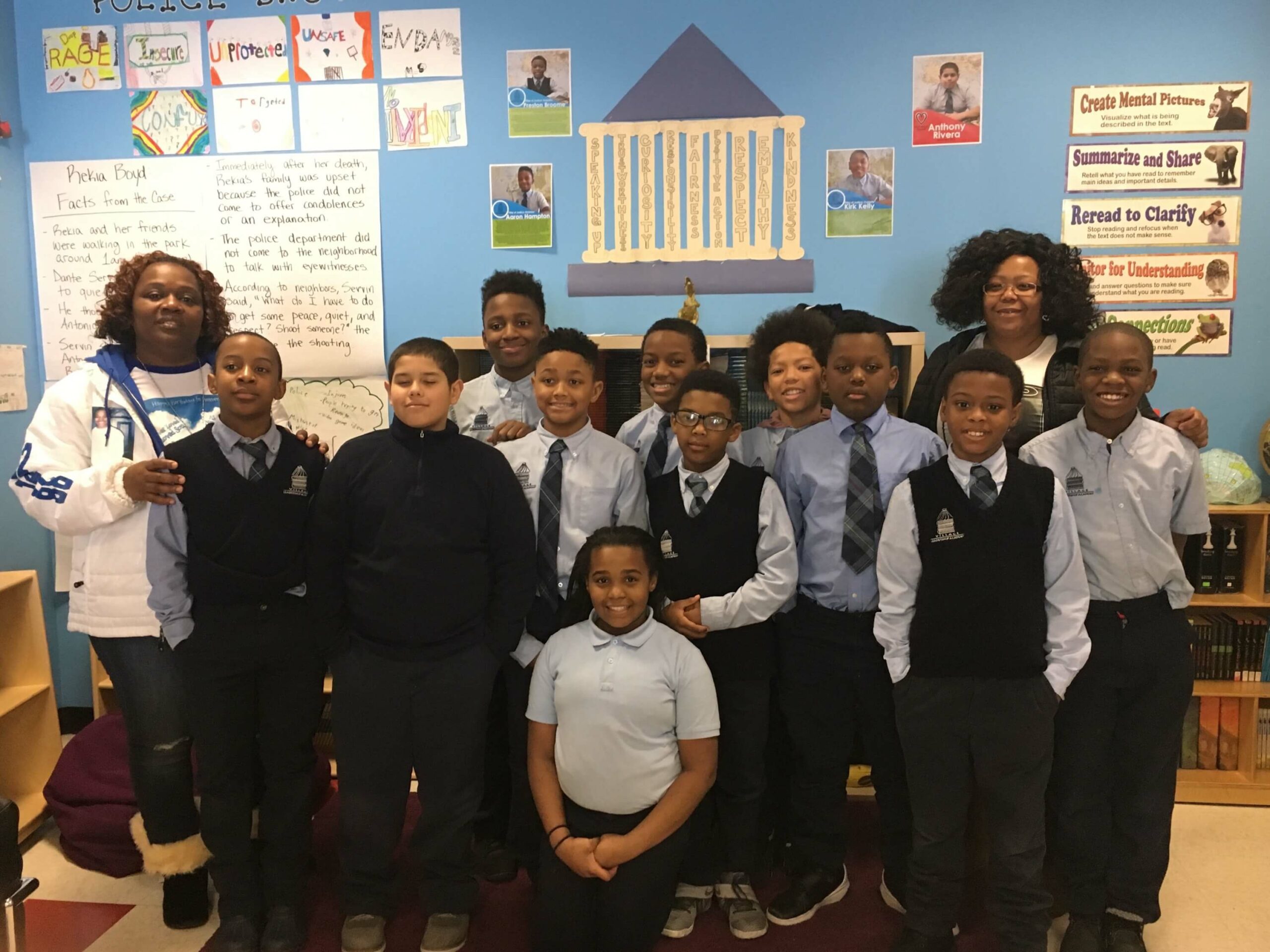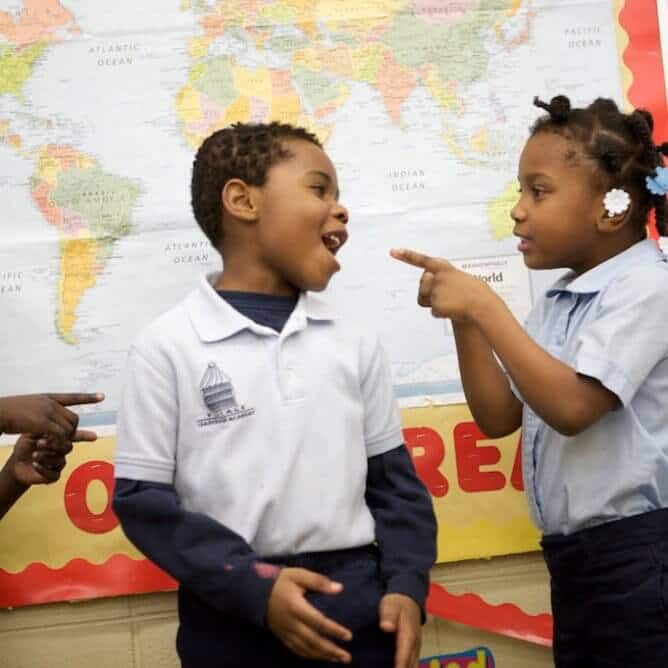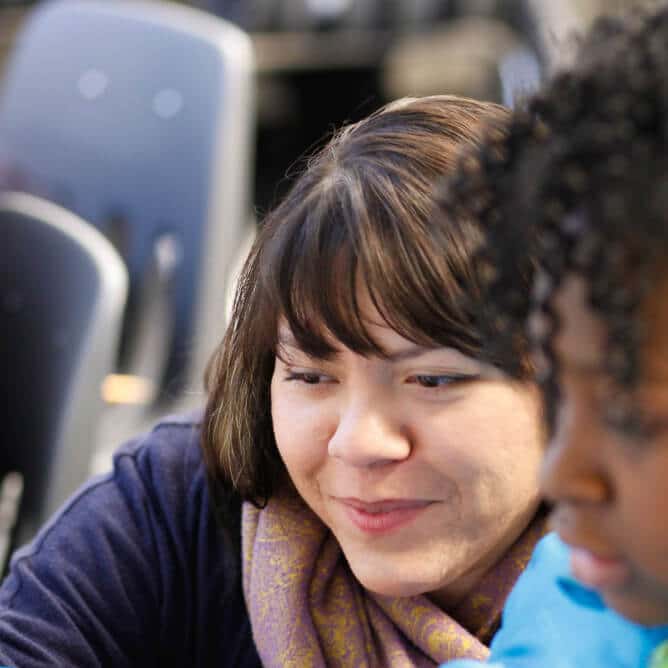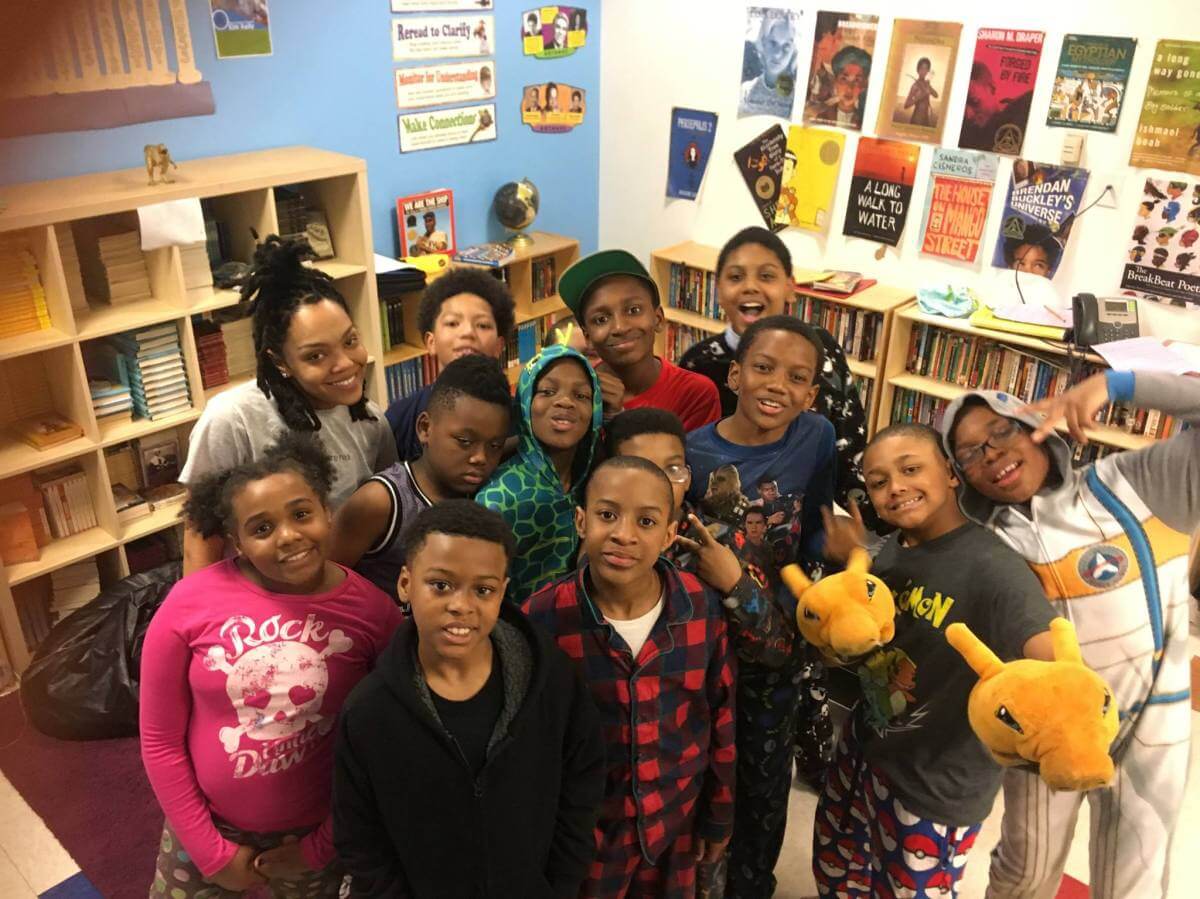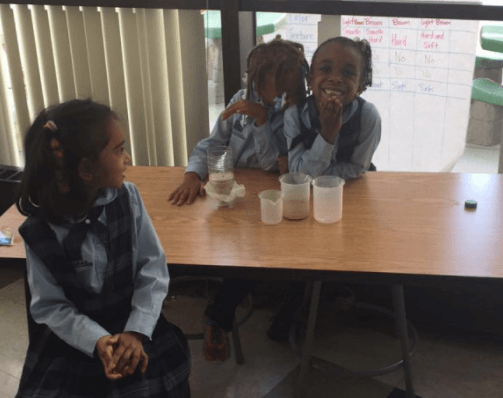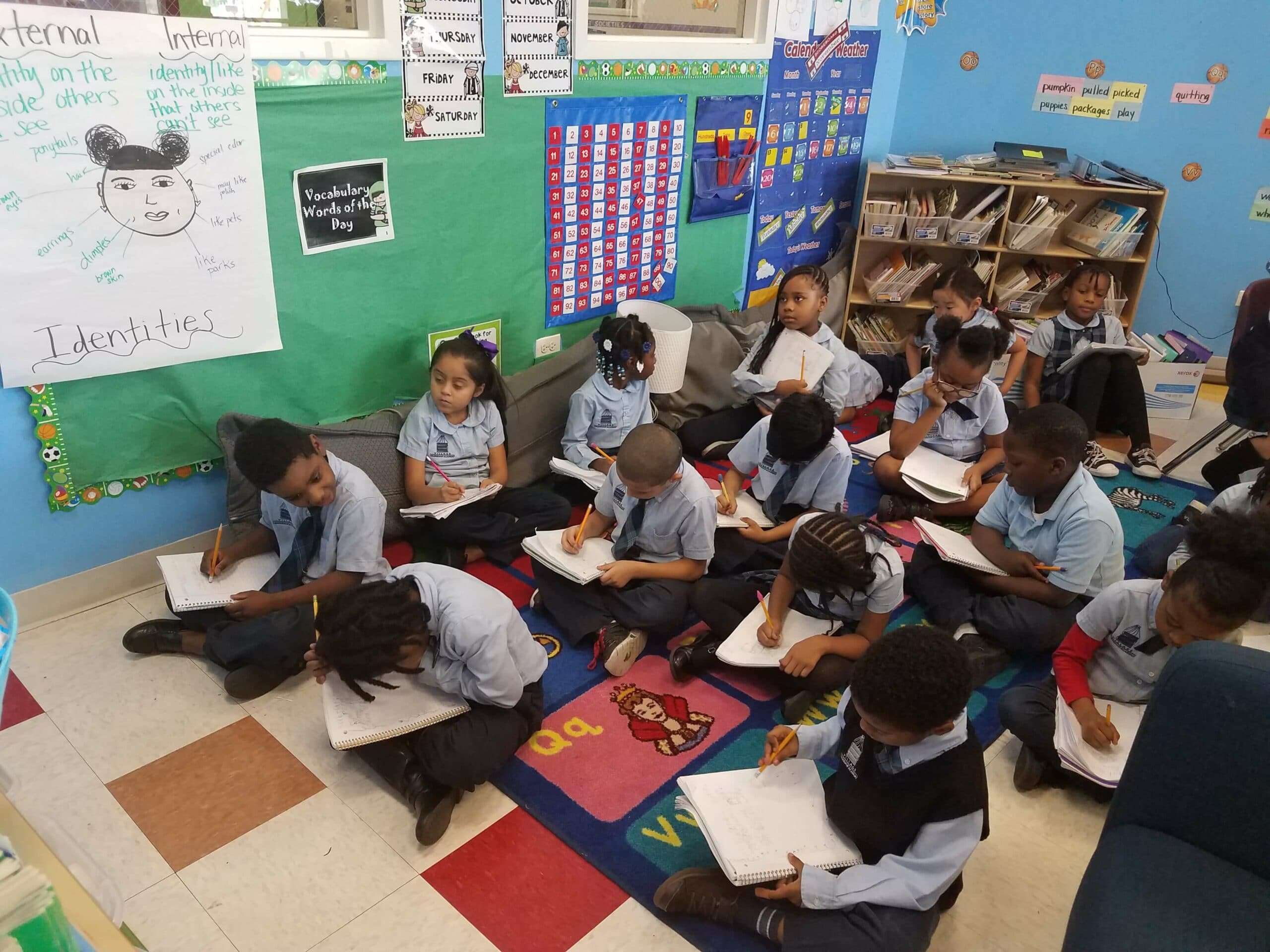Blog
A Dangerous Education of Human Ignorance
By: VLA Teacher, Aaron Kaczmarek
I never will understand why people need to assert their dominance by yelling any derogatory terms at any human being for any reason. Teachers may teach kids how to share crayons with classmates, but my teachers never emphasized how to respect everyone, especially beyond the school playgrounds. For whatever reason, we didn’t talk about acceptance on a macro scale. We forgot a crucial link in education.
When I reflect on this man’s attempt at repression and assertion of dominance, I am reminded of why I teach. Students are more than vehicles for meeting standards or objectives: they are whole people developing dispositions towards oppression, prejudice, and understanding. “Who was this guy’s second grade teacher?” I wonder. Had he or she taught him to respect all people, not just some? Had they even mentioned important terms such as: stereotypes, internal and external identities? Why was that not a priority?
The sway and power of a teacher is immense, and thus teachers have a social responsibility. One fundamental alteration in experience can change a student for a lifetime. Think back to your worst memory from school. How does that shame and embarrassment still stick with you? How did it impact you for that year and beyond?
“Read a book!” My friend responded. With that, the man asked, “Which one?” I immediately listed off about 15 children’s books in my head. These books on tolerance I have read and discussed with my students in our first unit: All About Me (which discussed topics like the social construction of race and difference, identity, tolerance and needs of individuals and communities). I then wondered how much good reading a book would have done for someone whose experience has predisposed him to somehow assert hatred to random strangers? That person would probably need hundreds of books (perhaps a library) and lots of discussions.
In my second grade class, we talk about building schema through experiences, learning, and reading. We talk about difference all the time and talk about how we can learn from any experience in or out of the classroom. Perhaps this guy’s schema was lacking (or in second grade language, “his brain had not grown enough yet”). An education that exposes and deconstructs traditional lines of repression ultimately leaves its pupils unable to strip humanity away from anyone. As I look forward to the year, I will be documenting how the second grade class achieves this end.
It is due time that we don’t only give our kids (regardless of their background) a good education, but a phenomenal education: one that people once said, “they never deserved or would be able to get.” This type of education equates to not only a raising of standards, but also a raising of human consciousness among students. Students must become aware of their own potentials and their neighbors.
By developing a critical perspective amongst young people, they will approach difference not as a point of conflict, but as a springboard for learning and understanding. Rather than asserting hate when life intersects across lines of race, gender, class, viewpoints, religion, or sexuality, they will ask what they can learn. By doing so, they can turn back centuries of oppression and be vehicles of change.
Enroll Now
Discover a partner in the future of your child. Enroll your scholar for the 2021-2022 school year today!
